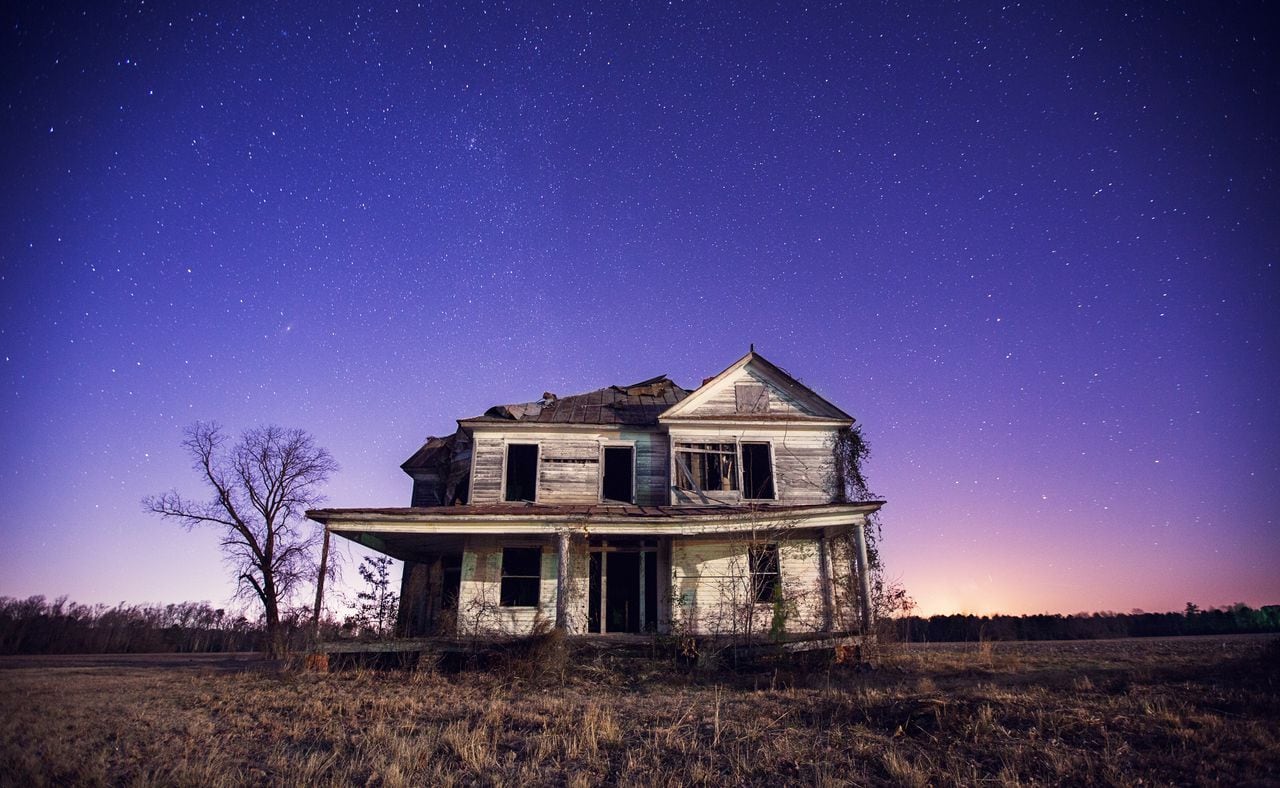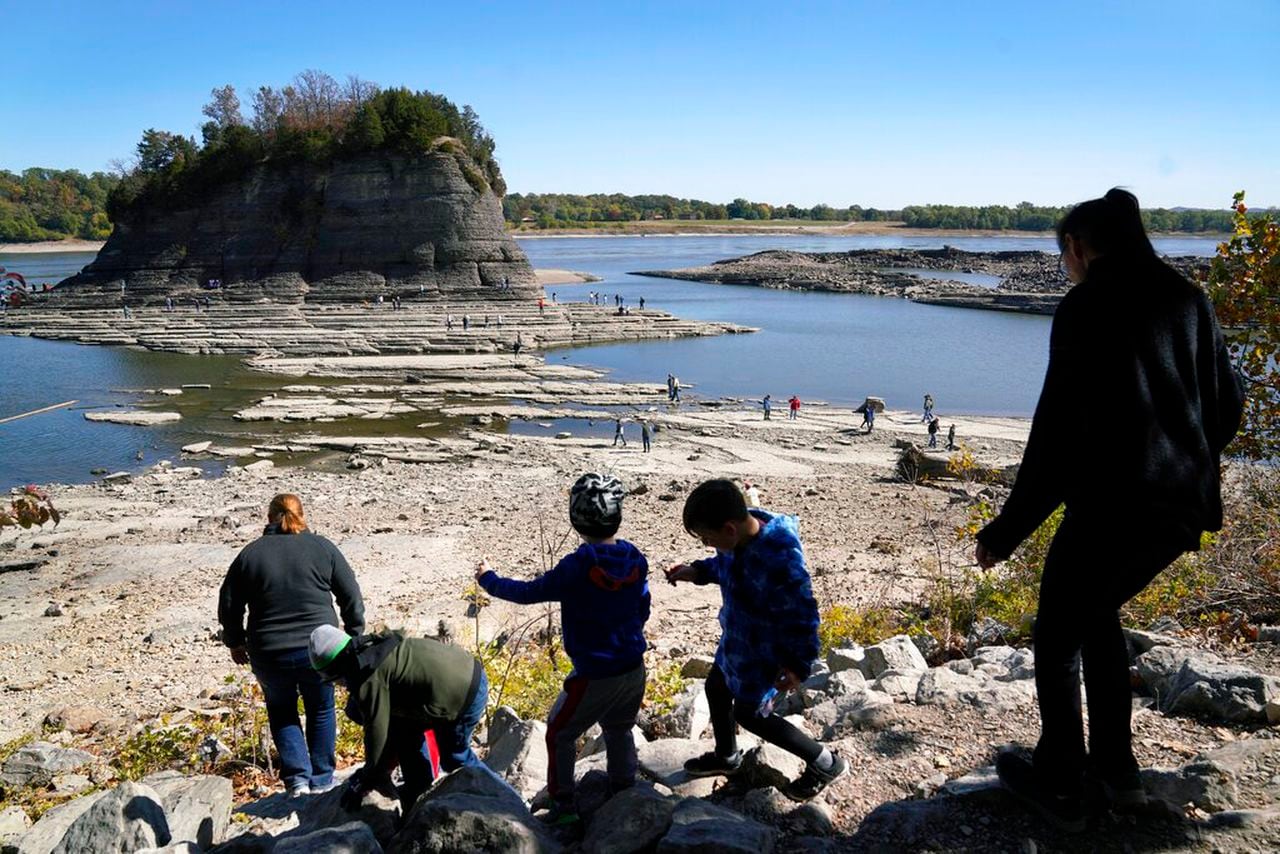Be an orca, fight for a future you will never see
Whale, whale, whale, the orcas have sunk another yacht. I don’t have a yacht, so it does make it easier to smirk when one sinks, provided no one is hurt. These marine mischief makers have attacked hundreds of boats over the last four years, sinking a few of them. There is a sea of speculation as to why.
Is it revenge for the 50 to 75 trillion pieces of plastic we’ve thrown into the seas, or is it because we made a third and fourth Free Willy movie? Remember Keiko, the real Free Willy, who made a splash and got a ticket to freedom in 2002 after a huge public outcry? Well, there are still 18 orcas doing belly flops at SeaWorld locations in the U.S., while at least 177 have perished in captivity since 1961. I guess they should have gone to acting school.
But for real, some scientists believe the orcas are just replicating playful behavior. But this nagging feeling in my gut makes me wonder if this is Mother Nature’s version of a wake-up whack. We’ve all seen how the plight of charismatic creatures in captivity tugs on human heartstrings – a power that the dire straits of our fellow humans sadly don’t always match. But we’ll keep trying.
This week in the Meltdown, we briefly examine the top ten counties in the United States at risk from the effects of our changing climate. We also explore the benefits of therapy and why you should care about a future you won’t live to see.
Drizzle
FILE – People walk toward Tower Rock to check out the attraction normally surrounded by the Mississippi River and only accessible by boat, Oct. 19, 2022, in Perry County, Mo. Amid a major drought in the Western U.S., a proposed solution comes up repeatedly: large-scale river diversions, including pumping Mississippi River water to parched states. (AP Photo/Jeff Roberson, File)AP
A recent data visualization tool made by the Environmental Defense Fund and Texas A&M University shows that some counties in the United States are incredibly vulnerable to major climate events, like prolonged drought, flooding, hurricanes, wildfires, heatwaves and winter storms.
The Climate Vulnerability Index (CVI) measures everything from individuals’ proximity to grocery stores, health outcomes, and minority status to the likelihood of pollution-related illnesses and how infrastructure, transportation, and housing contribute to increasing or decreasing climate risks.
The tool aims to help policymakers and advocacy groups make better decisions about directing resources to overcome those vulnerabilities. Interestingly, the top 10 most at-risk counties are all in the South.
Why is that? It’s quite complicated.
“It’s multi-factorial and very complex when asking why this happens in the South,” said Thomas Douthat, professor of environmental sciences at the Louisiana State University College of the Coast & Environment. “This region has a lot of low-income Black and white communities that have low wealth, poor public health outcomes, live among heavy industry and in geographically low lying areas that get a lot of hurricanes and floods.”
In short, hundreds of counties in the South contain millions of people who are unprepared as major weather events worsen.
Here is the bottom six:
6. St. Landry, Louisiana
7. Acadia, Louisiana
8. Floyd, Kentucky
9. Talladega, Alabama
10. Yazoo, Mississippi
Touch Grass

A patient woman sits beside a man. She makes meaningful eye contact with him. He looks back at her. There is a quiet understanding.Getty Images
In recent weeks, I’ve had discussions with several people about the value of therapy. Some have said they don’t need it because “music is (their) therapy,” or they dismiss it because it seems weak and think their problems are easily solvable. That might be true.
My view of most mental health solutions is that nobody will use them until they are truly ready or court-ordered to do so. But I believe wholeheartedly in planting the seed — as it was once planted in me during a weepy kitchen floor heart-to-heart with my then-girlfriend in our Brooklyn apartment many years ago. I’m a walking rom-com, I know. If you’re on the fence, here are some reasons you might consider therapy:
- Better communication skills
- Better sleep
- Increased happiness and life satisfaction
- Feelings of empowerment; improved mental function and productivity; fewer missed days from school or work
- Improved relationships and interactions with other people
- Improved physical well-being, such as lower blood pressure or reduction in chronic pain
- Development of skills for coping with daily life challenges and stress
- Improved management of behavioral health challenges, such as reducing or quitting smoking or drinking alcohol
Compost Dump

An abandoned rural farmhouse at night.Getty Images
Imagine your family owns a house that’s been with them for generations, and it’s now your turn to live there. This house isn’t just a structure; it’s full of memories, where your children will grow up, and represents your family’s legacy. Now, you have two choices:
You can keep it nice, make repairs and even enhance it. When you’re dead, it will be passed on to your kids as a place they can live or an asset to give them a head start in life. Or you can neglect it, devaluing its worth and value to your children. It may even become a burden if not looked after.
This choice is part of a more comprehensive theory known as intergenerational justice from the big-brained John Rawls, an American moral, legal, and political philosopher who died in 2002 at 81.
So, how does that intersect with our planet? Rawls’ theory has been expanded to the environment and climate, known as Intergenerational justice in climate ethics. It’s a principle that concerns the fairness of the distribution of environmental burdens and benefits across different generations. It raises the moral question of what the present generation owes to future generations in terms of the health of the planet and the legacy it leaves behind.
Read here if you want to know more.
And if you don’t care about the future, watch out for the orcas.
